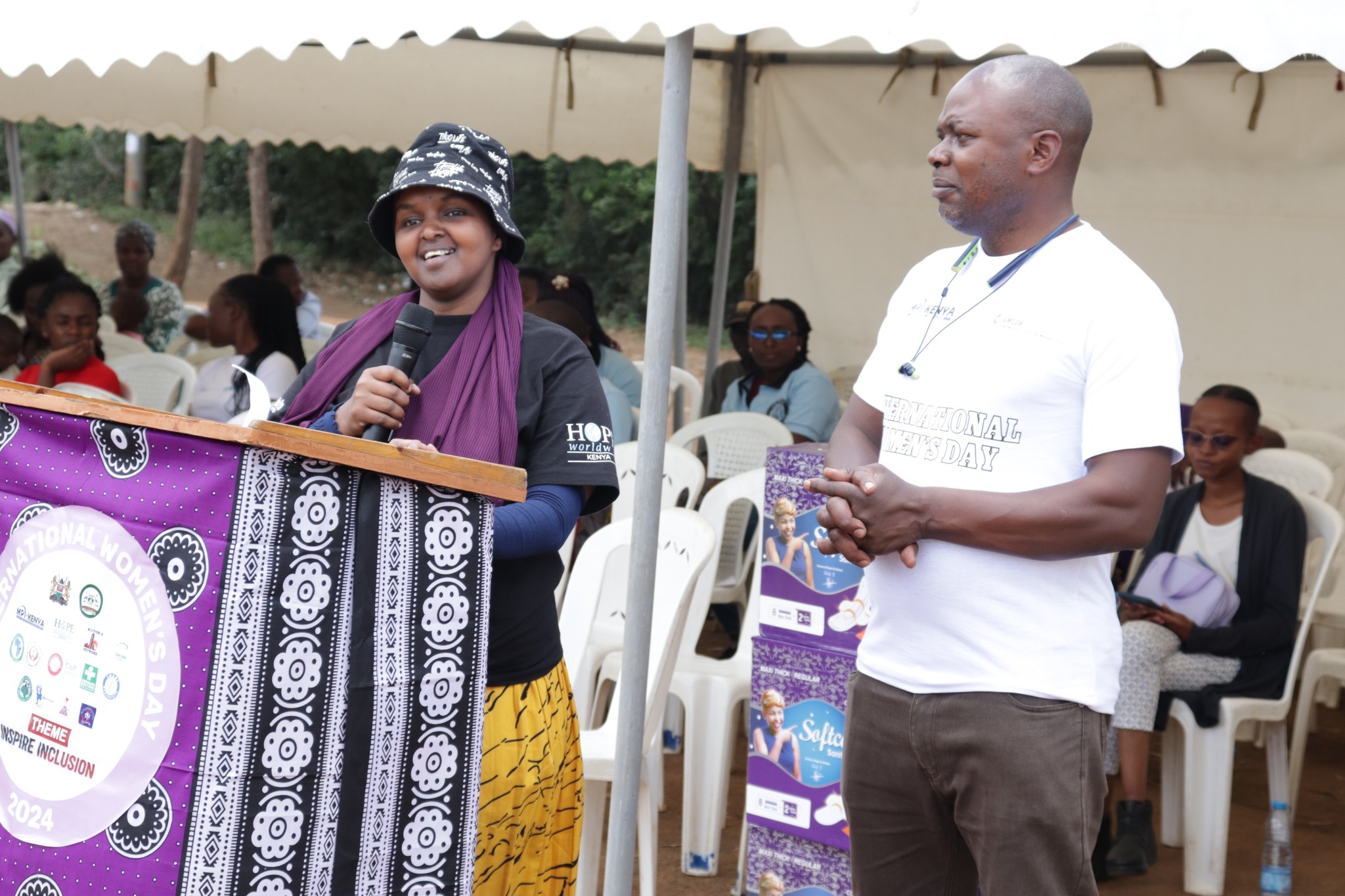WHAT WE DO
Community Health & Related Structures
Communities are not sufficiently engaged in addressing their own health concerns undermining program sustainability and impact. Girls aged 15-24 are particularly absent from health related community activities.
Newly formed county governments are yet to develop the necessary capacities to adequately shape, implement, monitor and evaluate health programs that are likely to have considerable impact.

Osiligi Girls’ Group
The Group engage in smart farm, where they are actively engaged in farming as their Income Generating Activity, cultivating various crops such as tomatoes, kales, and maize, among others
Children living in poverty and adverse conditions also have higher exposure to risk factors that impair their cognitive development. The level of family and community awareness of the nuances of early childhood is low thus increasing exposure of children to these risks.
Also, due to limited access to education in the informal settlements and in some of the less served rural or nomadic areas (often related to low income or distance) many children and youth are not adequately prepared for adolescence and adulthood.
HWWK works with like-minded stakeholders and seeks to create and strengthen community structures that are responsive, sustainable and effectively supporting citizens and their communities to address their health and developmental challenges.
CONNECT DREAMS
Through CONNECT DREAMS, HWWK empowers over 70,000 Adolescent Girls and Young Women with tools to reduce their HIV risks through access to education, economic opportunities and prevention of gender-based violence.

